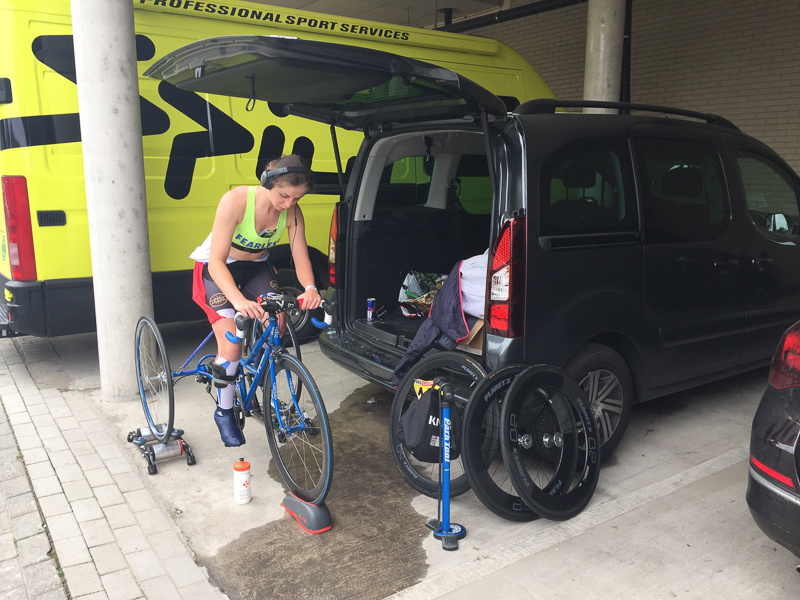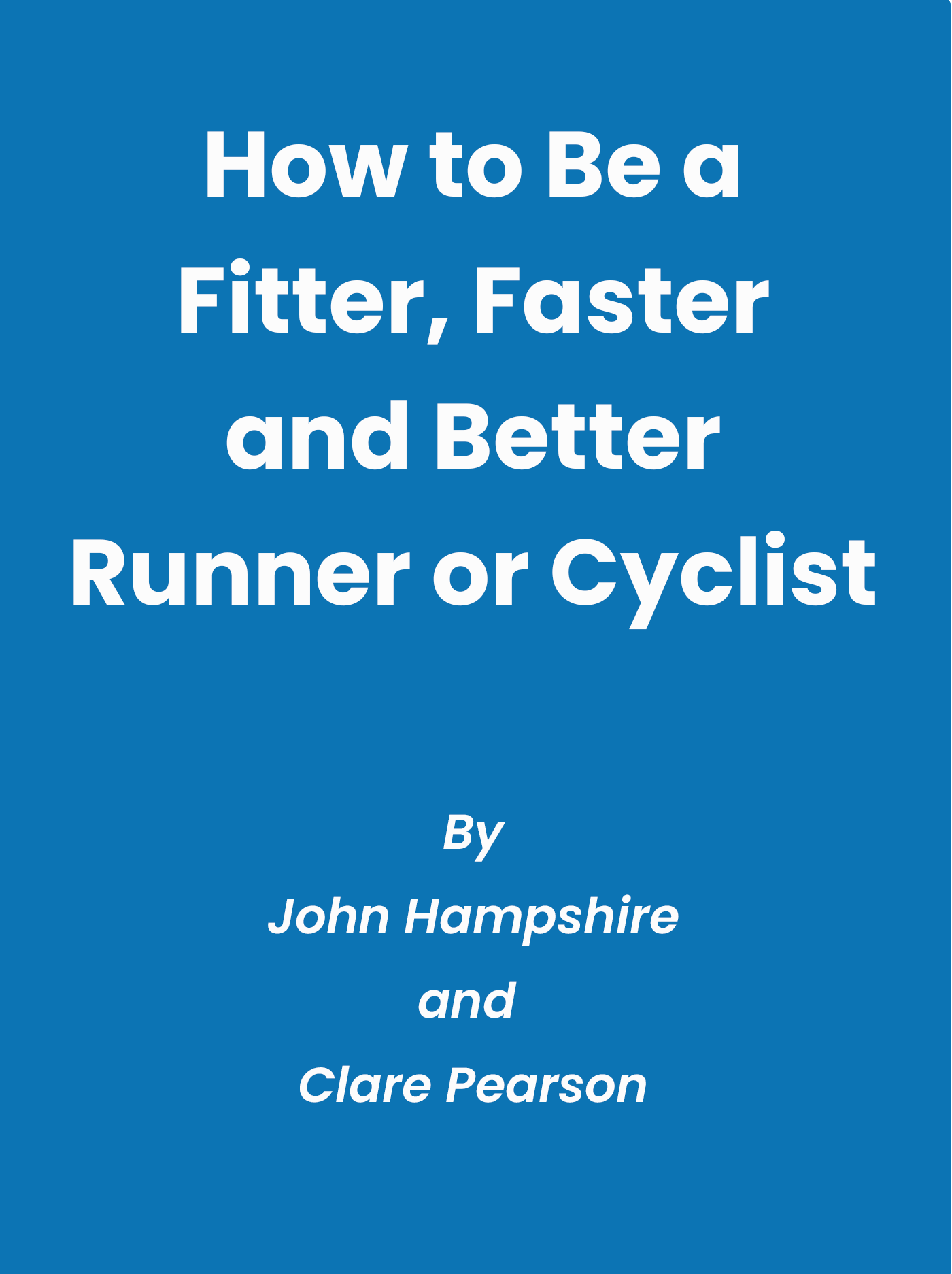Using Music to Help your Performance in Ultra Cycling or Running

The link between music and movement is long established and has been used throughout the ages to improve efficiency and output. So how can you make music work to improve your performance in ultra cycling and running?
Distraction
Listening to your favourite tunes (whatever they might be) can be an effective way to distract yourself from the pain in longer endurance events. It has been shown to lower the Rate of Perceived Exertion for an athlete enabling them to go faster and for longer.
Music has been shown to 'block' the brain signals related to the pain of continued effort at an endurance pace (zone 2). This could really help in the latter stages of a long endurance workout (or event if music is permitted at the event).
For higher intensity workouts music will no longer serve as a distraction from the pain, but it still has other benefits in terms of reducing the perceived length of an effort and improving concentration.
Mood Management
Athletes who were exposed to music during workouts generally reported more positive feelings post workout (regardless of the music played and whether or not they like it).
Music can often have very strong links to an athlete's personal experiences so you can choose tunes that you associate with particular events to create the mood you wish (calm, pumped, focussed, confident).
Learning a Skill/Sequence
Music can work well to provide key cues to skills you are trying to learn. An example might be 'Spinning Around' by Kylie Minogue as a cue to keep cadence high and avoid grinding big gears with the words and a suitably high tempo.
Using music in this way is best done once you have completed the theoretical element of the learning and learn how to do the skill when you will need to focus on instructions and/or what you are doing. The idea is it works as a cue to help you master and repeat the learned skill.
Pre-Event
Upbeat, loud music can help increase the heart rate and 'pump you up' in readiness for a hard competition (a bit like the Haka used by the All Blacks).
Lower tempo, calming music can be used to calm pre-event nerves and help you go into a competition more relaxed.
In the pre-event stage lyrics can also play some importance, offering encouragement and inspiration (e.g. Dame Kelly Holmes use of Alicia Keyes during the 2004 Olympics).
For team events music that is/becomes intrinsic to a team's identity can also be uplifting and improve performance (similar to how football chants from fans help the players).
During Event
Pacing
Carefully chosen music can help with pacing (running steps/pedal cycles per beat); you can choose music that has a tempo that fits the cadence you want to achieve.
Concentration
During hard intervals high upbeat music can increase concentration on the interval set and lead to greater power/pace output. This can be particular effective if combined with music designed to synchronise with your cadence (music where the beat matches your cadence). Different beats seem to work better for different sports.
Between intervals/sets
There is some evidence to suggest that medium tempo music between high intensity intervals and sets can optimise the recovery phase and help better prepare the athlete for the next set.
Many organised events do not allow athletes to listen to music. There is good reason for this as it reduces your ability to be aware of your surroundings and make critical decisions about safety. If you choose to listen to music whilst you are cycling or running do so in a way that means you can remain safe, especially if you are using public byways or you are in an event with other athletes.
Post Event
Lower tempo music has been shown to help calm athletes after events and training sessions. This could be invaluable to athletes forced to workout late at night in close proximity to bed time when sleep can be affected.
Music is very individual and the tunes you choose will be the ones that work for you. In addition the mood you want to create will also be individual; some people need to calm down before an event, others need to get pumped up.
You don't need to be a music aficionado to use it for training; you can just be your own personal scientist and find what works for you. Evidence suggests you will find something that at the very least lifts your mood and this in itself will increase your output capabilities.
Why not book a free 20 minute consultation with no commitment to see how we can help you?
Subscribe to our blog
Please share with your friends
Other articles you might like
June 17, 2024

Comments